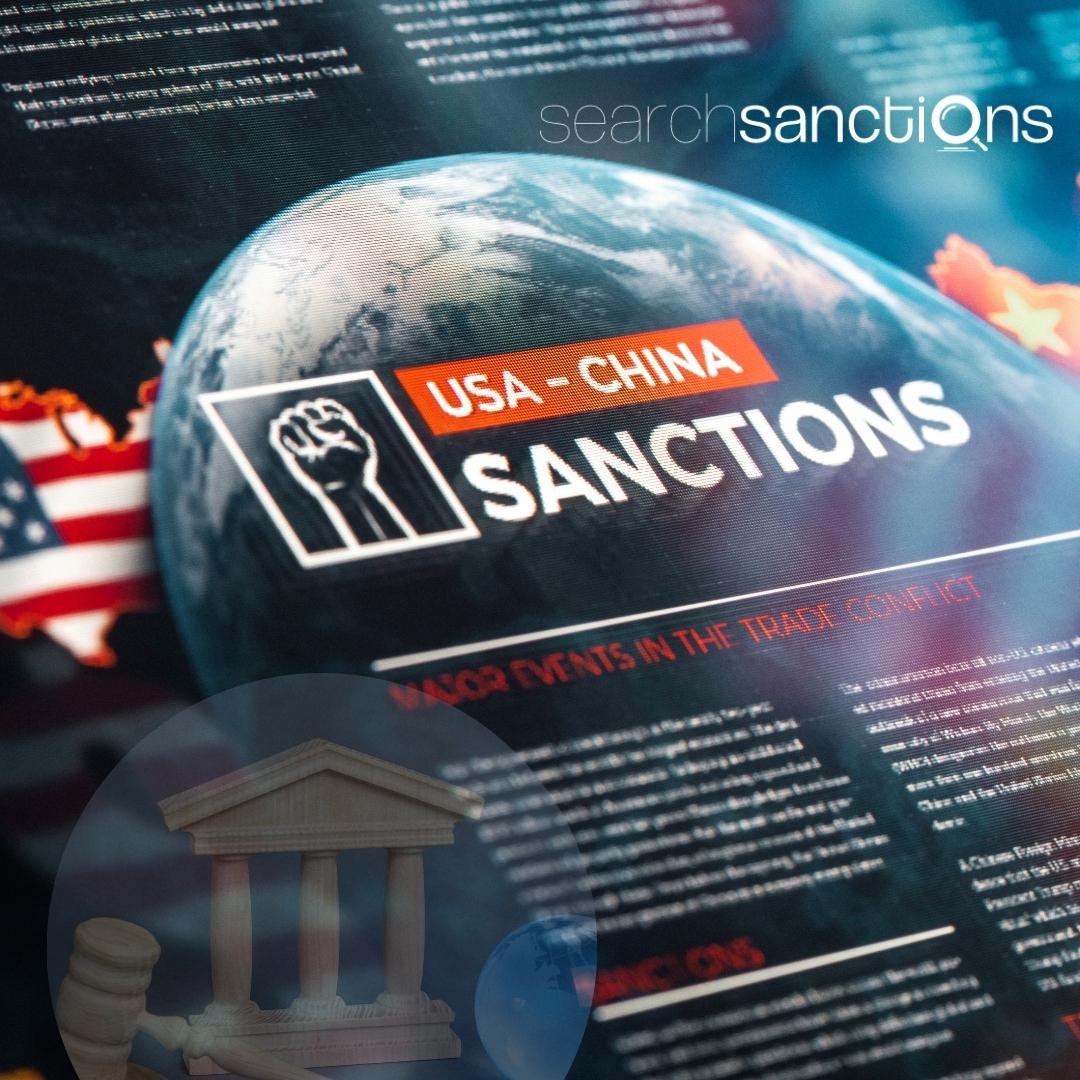The Future of Sanctions: New Trends and Prospects
Sanctions play an important role in political, economic and trade relations between countries. They are shaped by national interests and can often have serious economic and social impacts on sanctioned countries. In this article, we will look at emerging trends and prospects for the future of sanctions enforcement.
Trends:
More Targeted Sanctions:
Sanctions are often targeted at specific sectors or businesses. However, in the future, sanctions are expected to be even more targeted. For example, more specific sanctions could be imposed on cyber-attacks, human rights violations, etc.
More Countries Applying Sanctions:
Sanctions are usually imposed by major economies such as the United States and the European Union. However, more countries are expected to impose sanctions in the future. In particular, large economies such as China and Russia are becoming more resistant to sanctions.
More Effective Inspections:
The effectiveness of sanctions depends on the monitoring of their implementation. In the future, sanctions inspections are expected to become more effective and more frequent.
Expectations:
Broadening the Scope of Sanctions:
The scope of sanctions is expanding day by day. In the future, sanctions are expected to become even more comprehensive. For example, sanctions could be applied to broader areas such as the financial systems and trade relations of sanctioned countries.
Longer Duration Sanctions:
Sanctions are usually imposed for a specific period of time. However, in the future, sanctions are expected to be of longer duration. In particular, longer sanctions on issues such as human rights violations could increase the impact of sanctions.
Changing Sanctioning Countries:
Sanctioning countries are expected to change. Traditionally, sanctioning countries have been large economies such as the US and the EU. However, it is envisaged that smaller countries may also impose sanctions in the future.
Sanctions Becoming More Lenient:
In some cases, the economic and social impact of sanctions can be quite severe. In the future, sanctions are expected to become more lenient. For example, applying sanctions at the sectoral or individual level may reduce the impact of the sanction.
More Multilateral Sanctions:
As the number of sanctioning countries increases, sanctioning is expected to become more multilateral. When multiple countries come together to impose sanctions, the impact of sanctions may increase. For example, sanctions against Iran have been imposed by more than one country.
More Legal Regulation:
Sanctions are implemented on the basis of international law and treaties. In the future, more legal arrangements are expected. Agreements and protocols between sanctioning countries may allow for more systematic sanctions enforcement.
Increase in Digital Sanctions:
The development of digital technology also affects sanctions. In the future, sanctions are expected to be imposed mostly at the digital level. For example, it is possible to impose sanctions on a country's internet infrastructure or financial system.
Sanctions are a frequently used tool in international relations and will remain important in the future. However, it should be noted that sanctions also change over time and may be applied in different ways in the future. The increase in digital sanctions, longer sanctions, changes in sanctioning countries, softer sanctions, and targeted sanctions give us clues about the future of sanctions.
The effects of sanctions non-compliance may vary depending on the purpose and target of the sanctions themselves. In general, however, the effects of sanctions non-compliance can include
Economic impacts: Sanctions non-compliance can have a negative impact on the economy and exports of the targeted country. This can reduce the country's credibility in international markets and lower its credit rating. It is also possible that a country that does not comply with sanctions will do less business in international trade or have limited trade relations.
Diplomatic effects: Non-compliance with sanctions can worsen relations between the targeted country and the sanctioning country or countries and cause diplomatic crises.
Political effects: Sanctions non-compliance can also affect the domestic political stability and governance of the targeted country. There could be a public backlash against sanctions or a political campaign against sanctions.
Legal implications: Non-compliance with sanctions can result in targeted individuals or organizations being prosecuted and subjected to legal proceedings. Challenging sanctions may result in civil or criminal penalties.
Social impacts: Non-compliance with sanctions can lead to social pressure on targeted countries or individuals. This can have negative impacts on human rights, freedoms and economic development.
Non-compliance with sanctions lists is a violation with legal consequences. The sanctioning country or countries can use a range of legal mechanisms to minimize the economic, diplomatic, political, legal and social impacts of non-compliance with sanctions. These mechanisms may include criminal sanctions imposed on sanctions targets, asset freezes or blocking, restrictions such as travel bans, and prohibitions on activities such as trading with or providing financial support to sanctions targets.
Non-compliance with sanctions lists can reduce the purpose and effectiveness of sanctions. The purpose of sanctions is usually to modify or punish a specific behavior of sanction targets. However, non-compliance with sanctions lists may cause targets to avoid the impact of sanctions or to resist sanctions. In this case, the effectiveness of sanctions is reduced and it becomes more difficult for the sanctioning country or countries to achieve their objectives.
Request Demo
You can contact us as to our services, integration processes, request demo or customized solutions.


